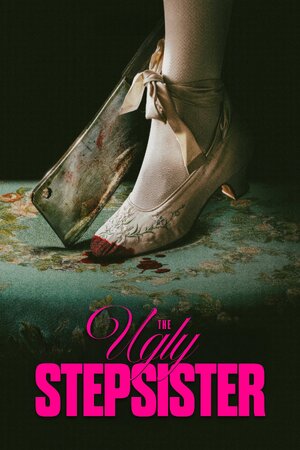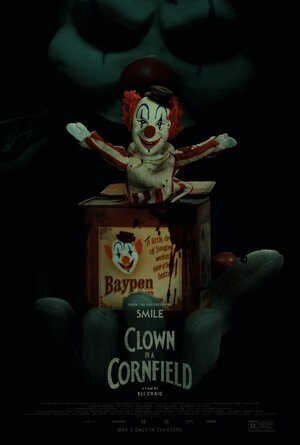The Living Dead at Manchester Morgue (AKA
Let Sleeping Corpses Lie, AKA
Don't Open the window, and a ton of others ~ 1974)
Spanish/Italian co-production, directed by Jorge Grau, filmed largely in England (around Manchester and the Peak District). The plot involves an unfortunate side-effect of a device designed to kill insects with ultra-sonic radiation - it reanimates dead people. The first to appear is 'Guthrie', a vagrant known locally to have drowned in a river a week beforehand. He attacks a young woman named Enid (Cristina Galbó). Enid escapes into the arms of George (Ray Lovelock), a young man she hooked-up with earlier that day after reversing her car over his motorcycle at a filling station. George doesn't believe her account of the attack, but he and Enid soon discover the dead body of Enid's sister's husband (murdered by Guthrie). The police, led by a hard-nosed Detective Inspector (American actor, Arthur Kennedy), immediately decide that 'hippies' George and Enid are responsible - for some reason unwilling to entertain any alternative theories that involve the words 'living dead'. As more zombies appear, George and Enid fight to clear their name, halt the rise of the undead, and survive.
The contrast between the picturesque scenery and the horrific events works well, and Grau builds an eerie atmosphere which he maintains throughout. It has a feel (for those old enough to remember) of Jon Pertwee-era
Doctor Who, or the original BBC TV show
Survivors, both of which ran around the time this was made. Lovelock and Galbó are okay as the young couple (although Lovelock is overshadowed by the camp, unintentionally funny performance of his English voice actor), but the standout is easily Arthur Kennedy's bigoted, hippy-hating Inspector (we never get his name), whose contempt for the 'permissive society' brought in by the 1960s is almost tangible!

The film is
over-slow at times, it's a little light on gore (although there is certainly some), and the 'shock' ending doesn't really hang together. But it's a fun watch. 7/10


